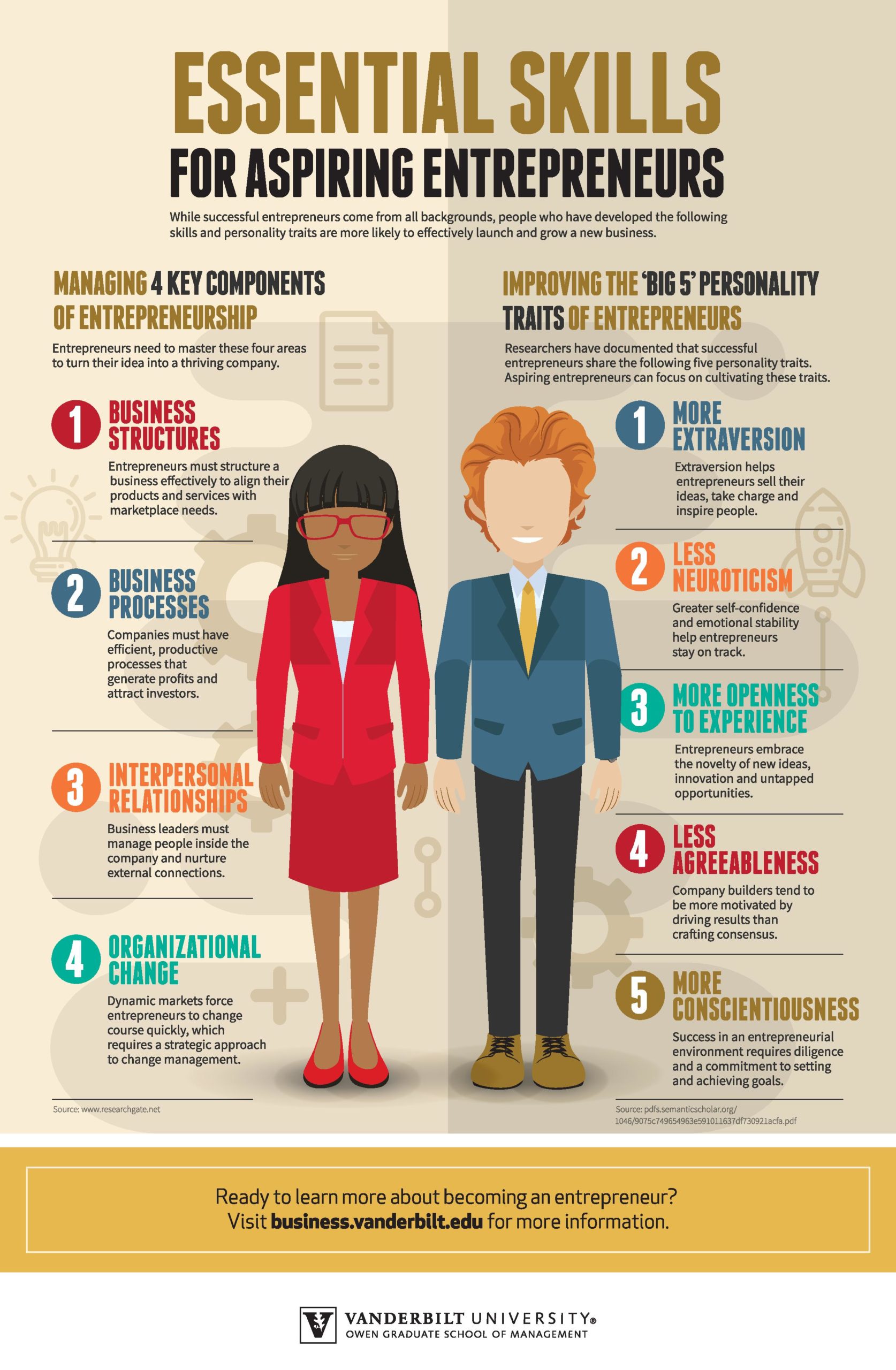Mentorship can be a transformative experience for startup founders. Navigating the startup landscape is often fraught with challenges, uncertainties, and steep learning curves. This is where a mentor can make a profound difference. A mentor provides not just advice but also industry insights and emotional support, helping entrepreneurs to avoid common pitfalls and make informed decisions. The right mentor can significantly accelerate your growth trajectory, offering wisdom gained through experience. However, finding such a mentor is not a simple task; it requires strategic thinking and proactive engagement. It’s crucial to understand that great mentors are often busy individuals, balancing their own ventures while assisting others. Therefore, approaching mentorship with respect and a clear purpose is essential.
The Value of Mentorship
The immense value of mentorship in the startup world cannot be overstated. A mentor serves as a sounding board, offering guidance tailored to your specific circumstances. This personalized advice can help clarify your vision and refine your business strategy. Furthermore, mentors often come with extensive networks that can open doors to funding, partnerships, and invaluable connections. They can provide insights into industry trends and best practices, helping you navigate the complexities of running a business. Most importantly, having someone who believes in you and your potential can be a tremendous source of motivation. However, the relationship must be cultivated with care; it is essential to approach potential mentors with genuine interest and respect for their time and expertise.

Understanding the Mentor’s Perspective
Understanding the perspective of potential mentors is key to forming a successful relationship. Many experienced professionals are inundated with mentorship requests, making their time a precious commodity. This overwhelming demand means that effective mentors prioritize their commitments, often choosing to engage in mass mentoring through public forums rather than individual sessions. This reality underscores the importance of recognizing their limitations and approaching them thoughtfully. When seeking mentorship, consider how you can align your goals with their interests. Acknowledging their busy schedules and finding ways to make interactions meaningful will not only increase your chances of a positive response but also lay the groundwork for a productive relationship. Being empathetic to their position will help you tailor your approach, making it more likely that they will see value in investing their time in you.
Identifying Potential Mentors
Creating a targeted list of potential mentors is a strategic first step in your mentorship journey. Take the time to reflect on who aligns with your startup’s vision, values, and goals. Look for individuals whose experiences and insights resonate with the challenges you face. Utilize platforms like AngelList, LinkedIn, and social media to identify and research potential mentors. Don’t shy away from thinking big; many successful figures are surprisingly approachable and willing to share their knowledge. As you compile your list, consider not only their achievements but also their willingness to engage with emerging entrepreneurs. This initial step requires introspection and clarity about what you hope to gain from the mentorship, ensuring that your outreach is both purposeful and respectful.
Building Connections Through Engagement
Once you have a list of potential mentors, the next step is to build connections through meaningful engagement. Follow them on social media platforms and actively interact with their content. Thoughtful comments, shares, and discussions about their posts can help you stand out in a crowded field. This consistent engagement not only increases the chances of them recognizing you but also demonstrates your genuine interest in their work and insights. Consider sharing relevant articles that align with their interests or contributing to conversations around their expertise. Building this foundation of rapport is essential; it creates a context for deeper interactions and lays the groundwork for a more personal connection over time. Remember, mentorship is often as much about relationships as it is about knowledge.
Making the First Ask
After establishing a connection, it’s time to make your first request. Start with a small, manageable question that is easy for them to answer. This approach leverages the Ben Franklin effect, a psychological phenomenon where asking for a favor can increase their investment in you. A simple inquiry can serve as a gateway to deeper discussions and potentially more significant engagements down the road. When making your request, be respectful of their time and keep it concise. This strategy not only reflects your understanding of their busy schedule but also sets the stage for a more meaningful relationship. By starting small, you create an opportunity for them to feel connected and invested in your journey, which can lead to ongoing mentorship.
Navigating Rejections
In the realm of mentorship, not every request will be met with enthusiasm, and that’s perfectly normal. Rejection is a part of the process and should be viewed as an opportunity for learning and growth. When faced with a “no,” it’s essential to respond graciously. Thank the mentor for their time and express your appreciation for their work. Keeping the lines of communication open can lead to future opportunities, as circumstances may change. Consider sending periodic updates about your progress and insights you’ve gained; this can help keep you on their radar without being intrusive. Persistence, combined with respect for their boundaries, can eventually lead to fruitful mentorship opportunities down the line. Embracing rejection as part of the journey can strengthen your resolve and enhance your approach.
Creating a Value-Driven Relationship
A successful mentorship should be a two-way street, benefiting both parties involved. As you seek guidance, it’s vital to think about how you can reciprocate the value. This could involve sharing insights from your own experiences, offering to connect them with your network, or providing support in areas where you have expertise. A balanced relationship fosters goodwill and enhances the overall learning experience. Approach mentorship with the mindset of mutual benefit; this not only enriches your own journey but also acknowledges the mentor’s contribution. By actively seeking ways to provide value, you can cultivate a deeper connection, making the mentorship experience rewarding for both of you. Remember, the best mentorships thrive on collaboration and reciprocity.
Expanding Your Mentorship Network
While industry leaders often come to mind when thinking of mentors, it’s essential to recognize that mentorship can come from a variety of sources. Look beyond traditional boundaries; consider professors, peers, and even insights from books and podcasts as valuable sources of guidance. Each of these avenues can provide unique perspectives that contribute to your growth as an entrepreneur. Diversifying your mentorship network enriches your learning experience, exposing you to a wider array of ideas and strategies. This broader perspective can lead to innovative solutions for your startup’s challenges. Embrace the notion that learning can come from unexpected places, and be open to the wisdom that various mentors bring to the table.
Continuous Learning and Growth
The mentorship journey is ongoing; it doesn’t conclude once you find a mentor. To truly benefit from mentorship, you must commit to continuous learning and adaptation. Stay proactive in seeking knowledge through various channels, including feedback from your mentor, industry events, and personal research. Embrace the challenges that come with entrepreneurship, viewing them as opportunities for growth rather than setbacks. The goal is to evolve continuously, both as a founder and as a mentee. Regularly reflect on your experiences and be open to adjusting your approach based on the insights you gain. This commitment to growth not only enhances your skill set but also demonstrates to your mentor that you value their guidance and are dedicated to your development. In the dynamic world of startups, mentorship can be a game-changer. By understanding the value of mentorship, engaging thoughtfully with potential mentors, and fostering a mutually beneficial relationship, you can unlock doors to growth and success. Embrace the journey, remain open to learning, and remember that every interaction is an opportunity to evolve.
 Essential Skills for Successful Entrepreneurship
Essential Skills for Successful Entrepreneurship